Are you a first-time home buyer? Looking for some mortgage tips? Look no further! We’ve got you covered with our top 10 mortgage tips to make your home buying process a breeze.
- Determine your budget, improve your credit score, and save for a down payment.
- Get pre-approved for a mortgage and compare rates.
- Consider working with a mortgage broker and don’t forget about closing costs.
- Read the fine print and seek professional advice.
Your dream home awaits!
Determine Your Budget
Determine your budget by assessing your income, expenses, and financial goals.
This step is crucial in the home buying process as it helps you understand how much you can afford.
Start by calculating your monthly income, including wages, bonuses, and any other sources of income.
Next, subtract your monthly expenses, such as rent, utilities, transportation, and groceries.
It’s important to be thorough and include any recurring or variable expenses.
Once you have a clear picture of your income and expenses, consider your financial goals.
Are you saving for retirement or planning to pay off debt?
These goals should also be factored into your budget.
Improve Your Credit Score
How can you improve your credit score as a first-time home buyer?
Improving your credit score is essential when applying for a mortgage. Start by paying your bills on time, as payment history accounts for a significant portion of your credit score. Reduce your credit card balances and avoid taking on new debt.
It’s also important to check your credit report regularly for errors and dispute any inaccuracies. Keep your credit utilization ratio low by using a small percentage of your available credit. Avoid closing old credit accounts, as they contribute to the length of your credit history.
Save for a Down Payment
To save for a down payment on your first home, set a specific savings goal and create a budget to help you achieve it. Determine how much you need to save by considering the price range of the homes you’re interested in and the down payment percentage required by lenders. Once you have a target amount, break it down into smaller monthly or weekly savings goals. This will make the overall goal more manageable and less overwhelming.
Evaluate your current expenses and identify areas where you can cut back to save more money. Consider reducing discretionary spending, such as eating out or entertainment costs. Stick to your budget and track your progress regularly.
Get Pre-Approved for a Mortgage
To increase your chances of securing a mortgage, get pre-approved by a lender before you start house hunting. Getting pre-approved for a mortgage is an essential step in the home buying process. It allows you to determine exactly how much you can afford to borrow and gives you a clear understanding of your budget.
When you’re pre-approved, it shows sellers that you’re a serious buyer and have the financial means to purchase their property. Additionally, being pre-approved gives you a competitive edge in a hot housing market, as it allows you to act quickly when you find a home you love.
Remember to gather all the necessary documents, such as pay stubs, tax returns, and bank statements, to streamline the pre-approval process.
Compare Mortgage Rates and Terms
Once you’re pre-approved for a mortgage, it’s important to compare different mortgage rates and terms to ensure you get the best deal for your first home purchase.
Mortgage rates can vary greatly among lenders, so it’s crucial to shop around and compare the options available to you. Look for lenders who offer competitive interest rates and favorable terms that fit your financial situation.
Consider factors such as the length of the loan, whether it’s fixed or adjustable-rate, and any additional fees or closing costs. By comparing rates and terms, you can save thousands of dollars over the life of your mortgage.
Take the time to research and compare your options to secure the most advantageous mortgage for your first home.
Understand Different Mortgage Types
When considering your mortgage options, it’s important to understand the different types of mortgages available for first-time home buyers. This knowledge will help you make an informed decision and choose the mortgage that best suits your financial needs.
There are several types of mortgages to consider, including fixed-rate mortgages, adjustable-rate mortgages (ARMs), government-insured mortgages, and specialty mortgages. A fixed-rate mortgage is a popular choice for first-time buyers because it offers stability and predictable monthly payments over the life of the loan.
On the other hand, ARMs have an initial fixed-rate period, after which the interest rate can fluctuate based on market conditions. Government-insured mortgages, such as FHA loans, are backed by the government and often have lower down payment requirements. Lastly, specialty mortgages, like jumbo loans, are designed for buyers purchasing high-value properties.
Understanding the different types of mortgages will help you navigate the home buying process with confidence and find the mortgage that’s right for you.
Consider Working With a Mortgage Broker
Consider partnering with a mortgage broker to simplify your home buying journey.
A mortgage broker is a professional who can help you navigate the complex world of mortgages and find the best loan for your needs. They have access to a wide range of lenders and can shop around on your behalf to find the most competitive interest rates and terms.
Additionally, a mortgage broker can help you understand the different types of mortgages available to you and explain the pros and cons of each option. They will guide you through the application process, ensuring that all necessary paperwork is completed accurately and on time.
Don’t Forget About Closing Costs
To avoid any surprises, be sure to factor in closing costs when budgeting for your first home purchase. Closing costs are the fees and expenses that are paid at the closing of a real estate transaction. These costs can include things like appraisal fees, attorney fees, title insurance, and loan origination fees.
It’s important to remember that closing costs can add up and should be taken into account when determining how much you can afford to spend on your new home. Many first-time home buyers make the mistake of only considering the down payment and forget about the additional costs associated with closing.
Read and Understand the Fine Print
Make sure you read and understand the fine print before committing to a mortgage, as it will outline important terms and conditions that could impact your home buying experience.
The fine print contains crucial information about the loan, such as interest rates, repayment terms, and any additional fees or charges.
By carefully reading and comprehending the fine print, you can avoid any surprises or hidden costs that may arise later on.
Pay close attention to the terms related to prepayment penalties, late payment fees, and adjustable rate mortgages, as these can significantly affect your financial situation.
If you have any questions or concerns about the fine print, don’t hesitate to reach out to your lender for clarification.
Understanding the fine print will empower you to make informed decisions and ensure a smooth home buying process.
Seek Professional Advice and Guidance
Contact a professional mortgage advisor for expert advice and guidance to navigate the complexities of the home buying process.
Buying a home is a major financial decision, and it’s important to have someone on your side who understands the ins and outs of the mortgage industry. A professional mortgage advisor can help you understand the different types of mortgages available to you and assist you in finding the best loan option for your specific needs.
They can also help you navigate the paperwork and ensure that you’re making informed decisions throughout the process. Additionally, a mortgage advisor can provide valuable insights into the current housing market and help you determine a realistic budget for your home purchase.
Don’t underestimate the importance of seeking professional advice and guidance when buying your first home.
Conclusion
So, you’re ready to take the big step of becoming a first-time homebuyer.
Remember to determine your budget, improve your credit score, and save for a down payment.
Getting pre-approved for a mortgage and comparing rates and terms are also crucial steps.
Don’t forget to consider working with a mortgage broker and be aware of closing costs.
Lastly, always read and understand the fine print and seek professional advice and guidance.
Good luck on your home buying journey!





